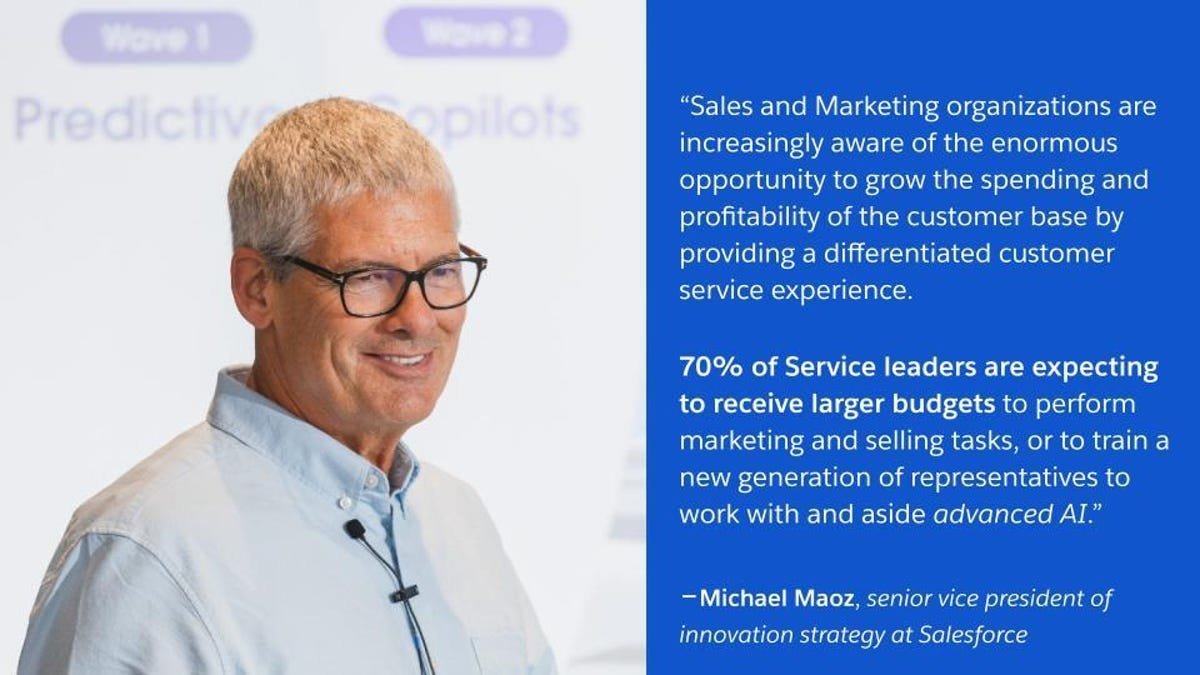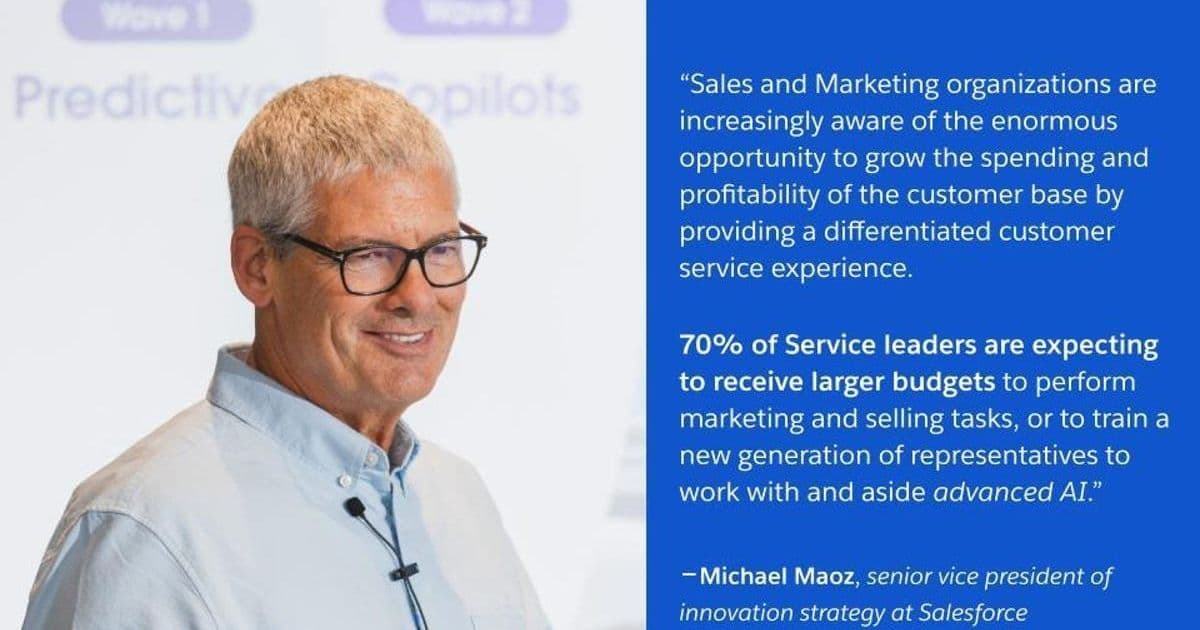Salesforce's 2025 State of Service report shows that 80% of service leaders now view AI agent investment as essential, with automation projected to handle 50% of service cases within two years. The findings highlight how agentic AI reduces costs by over 20% and frees human reps for complex tasks, but success hinges on overcoming data silos and prioritizing multimodal engagement.

Customer service is undergoing a seismic transformation, driven by the rapid ascent of agentic AI—systems that autonomously sense, reason, decide, and act with minimal human input. According to Salesforce's 2025 State of Service report, which surveyed 6,500 global service professionals, this shift isn't just imminent; it's already reshaping business strategies. A staggering 80% of service leaders now deem AI agent investment essential for meeting escalating demands, with projections indicating that half of all service cases will be resolved by AI by 2027. This evolution promises cost reductions exceeding 20% and a fundamental reimagining of human roles, but it also exposes critical dependencies on data quality and integration.
The Rise of Autonomous Service Agents
The report, now in its seventh edition, underscores that agentic AI moves beyond generative AI's content creation to perform end-to-end actions—like processing refunds, rescheduling appointments, or dispatching technicians—without human intervention. Michael Maoz, Senior Vice President of Innovation Strategy at Salesforce and a former Gartner distinguished analyst, emphasized in an exclusive interview that this autonomy is unlocking unprecedented efficiencies: "Generative and agentic AI take away what’s boring and repetitive, creating space for reps to focus on complex tasks. We’re seeing 85% autonomous case resolution in our own deployments."
Consumer-facing sectors, including finance, retail, and travel, are leading the charge. Here, AI agents handle routine inquiries, slashing average handling times and boosting customer satisfaction. Yet, Maoz notes a surprising trend: the future of engagement is multimodal, integrating video, images, and sensor data to enrich interactions. "Adding contextual layers like visual diagnostics or IoT feeds transforms static support into dynamic problem-solving," he explains.
Data: The Make-or-Break Foundation
Behind the AI revolution lies a stark challenge: data fragmentation. The report reveals that 44% of organizations have delayed AI projects due to siloed data, with customer information scattered across 20-200 disparate systems. Maoz likens this to a vital resource being wasted: "Data is like water—it does no good unless clean and accessible. Our survey shows 88% of leaders prioritize tech integration because unified data is the bedrock of AI success."
Salesforce's Agentforce platform exemplifies the solution, leveraging connected CRM data to enable autonomous workflows. However, the human impact is profound. Currently, only 46% of service reps' time is spent engaging customers; the rest is consumed by administrative tasks like case notes and information searches. AI agents can reclaim this wasted effort, but as Maoz argues, "The 20% cost savings come from empowering reps with real-time insights, not replacing them."
Upskilling Humans in an AI-Driven Ecosystem
As automation handles routine work, service reps are evolving into strategic advisors. The report indicates that 70% of leaders expect larger budgets for training reps in advanced AI collaboration and cross-functional roles like sales and marketing. "Service sits at the intersection of need and emotion," says Maoz. "When AI resolves issues swiftly, reps can build relationships and drive revenue—81% already see this as core to their jobs."
Looking ahead, Maoz warns against prioritizing speed over purpose: "From 2025 to 2030, companies that succeed won’t automate the fastest. They’ll lead with humanity, ensuring AI augments empathy rather than erodes it." With multimodal interfaces and integrated data pipelines, agentic AI isn’t just cutting costs—it’s redefining customer loyalty in an age where seamless, anticipatory service is the ultimate differentiator.
Source: Salesforce 2025 State of Service Report and interview with Michael Maoz.


Comments
Please log in or register to join the discussion